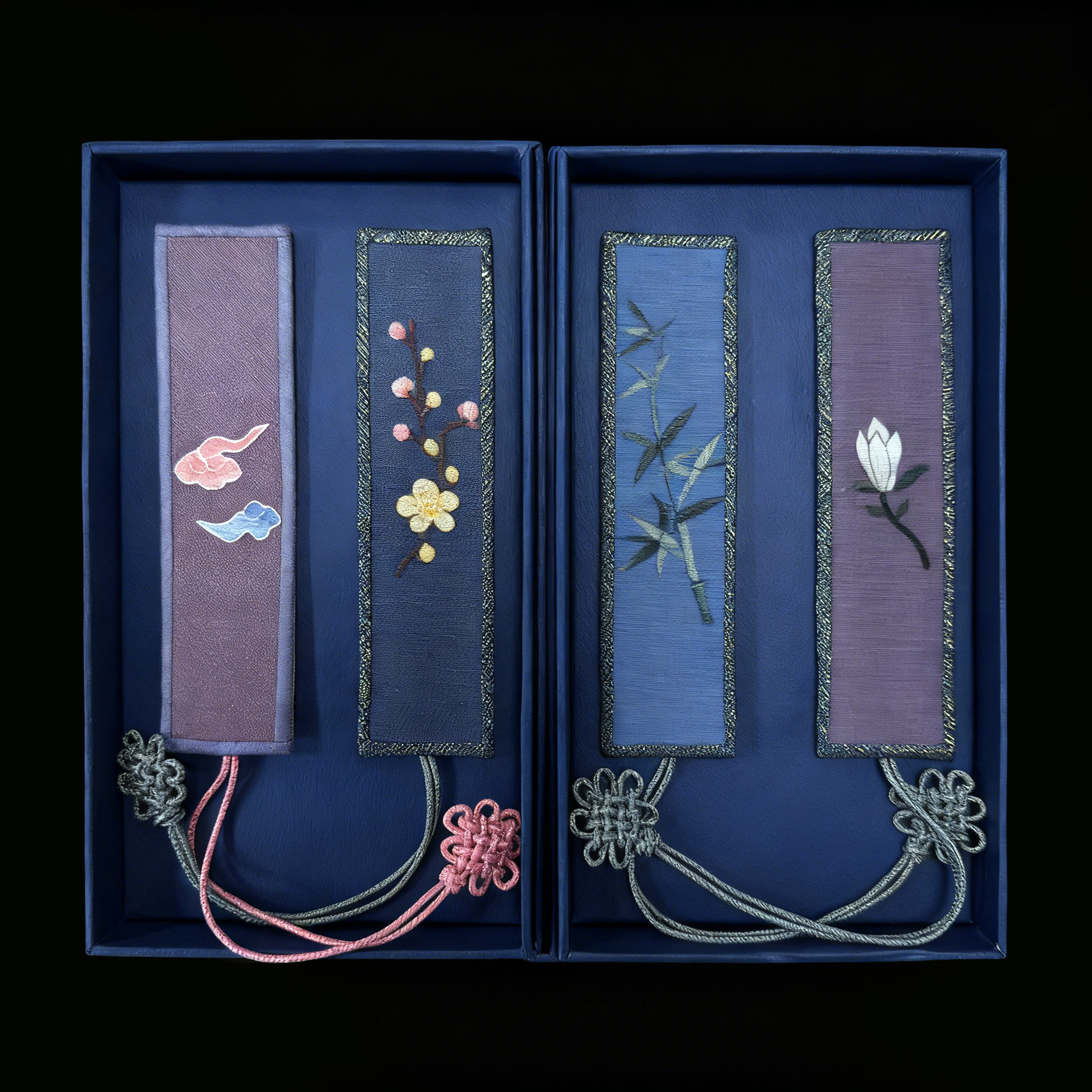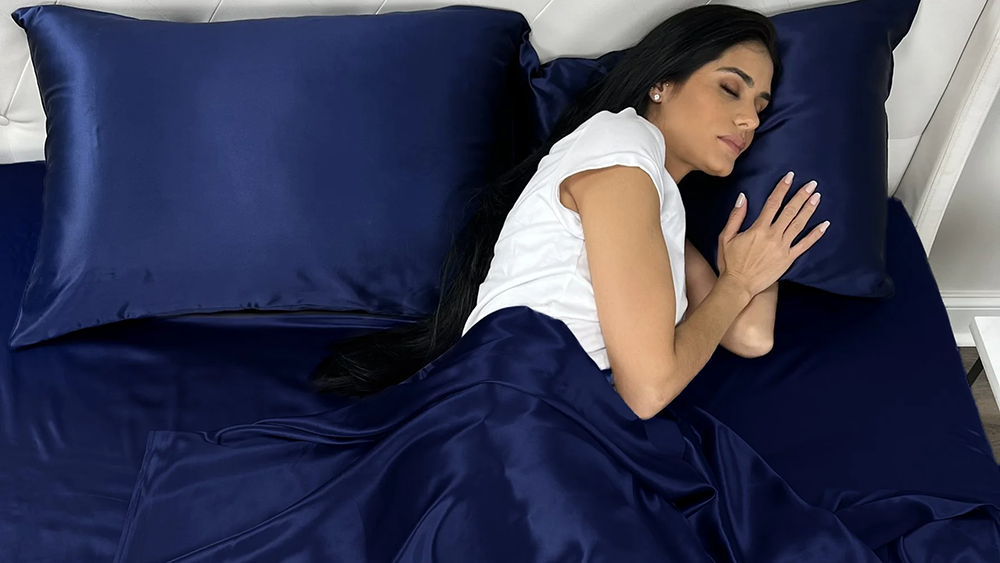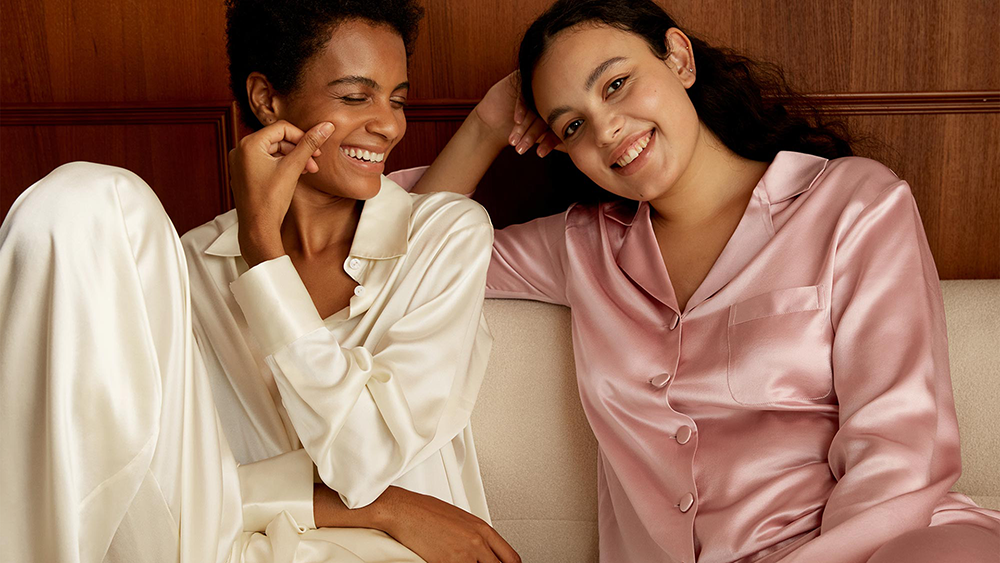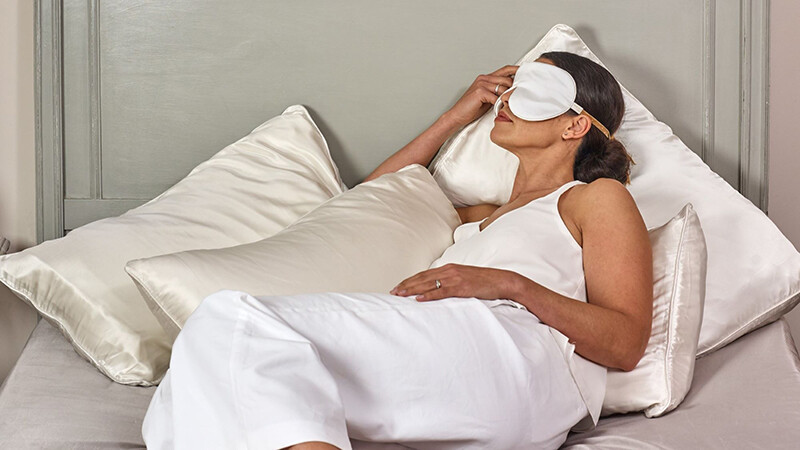
The Secret Benefits of Silk Bedding and Hair Accessories
When it comes to beauty secrets, the answers aren’t always tucked away in an expensive serum or a cutting-edge spa treatment. Sometimes, the simplest changes make the most profound difference. One of the most luxurious—and surprisingly effective—investments you can make for your hair and skin health is switching to silk. Yes, you read that right: silk bedding and hair accessories could be the missing link in your beauty routine.
This article unpacks why your hair and skin will absolutely adore silk, how to incorporate it into your daily life, and what you should look for when shopping for silk products.
Why Silk Is Precious
Silk has long been considered precious and rare. Kings and nobles from around the globe desired it and would pay exorbitant prices to get it. Catherine The Great even had it woven into intricate designs and used it adorn her boudoir walls.
The production of silk originates in China and dates back to the 4th millennium BC. Silk production was a highly prized and guarded secret until the opening of the Silk Road in the latter half of the 1stmillennium BC. China however maintained a monopoly over silk production for another thousand years.
The emperors of China sought to keep the process of silk making a secret and anyone revealing the craft or taking silkworms out of the country was under threat of execution.
Silk brought wealth and prestige to China. It was the country’s most important export over the centuries of the Silk Road trade. Not only was silk highly sought after, it was light and easily transported, unlike porcelain. It was so valuable that, during the Roman era, it was said to be worth its weight in gold.
In China, silk was not only used for garments, it was used for writing too. The colour of silk worn formed part of the social class system, revealing one’s social importance during the Tang Dynasty from 618 to 907 AD.
The silkworm’s secrets were eventually revealed and silk cultivation spread to Japan by about 300 AD and to the Byzantine Empire by about 552 AD. However it was the Crusaders who brought silk production to Western Europe, specifically to Italy. Italian states experienced an economic boom by exporting their fine silks to the rest of Europe. But the Industrial Revolution resulted in innovations that lead to cotton being easier and cheaper to manufacture.
China remains by far the primary producer. Given the elaborate and time-consuming process to produce silk, it’s priced accordingly. And the higher the quality, the higher the price.
The Science Behind Silk
Before we get into the "how," let’s take a moment to appreciate the "why." Silk, a natural protein fiber produced by silkworms, has been prized for thousands of years for its unparalleled softness and luxurious sheen. But it's not just about aesthetics.
Silk fibers are packed with amino acids—the very building blocks of life—which can offer nourishing effects when in contact with your skin and hair. Plus, silk’s structure is much smoother and less absorbent than other materials like cotton, meaning it interacts far more gently with your body while you sleep.
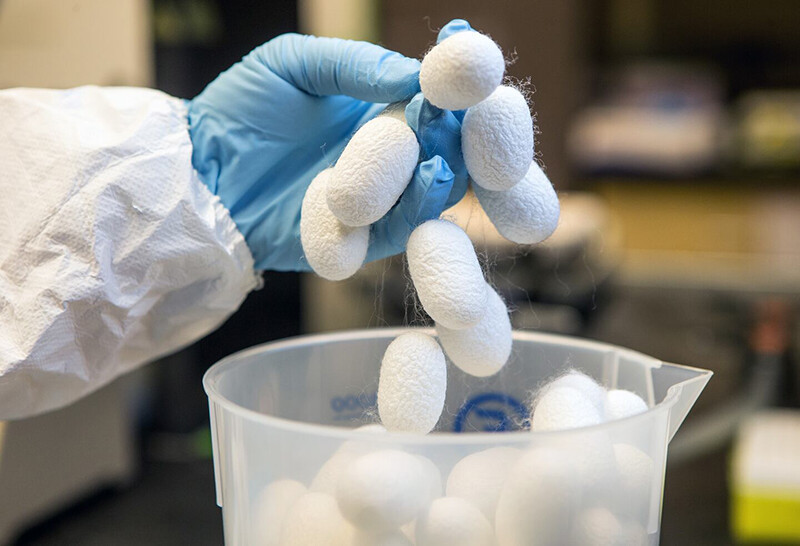
How Silk Supports Skin Health
1. Reduces Friction and Irritation
One of the biggest culprits of skin irritation? Your pillowcase. Traditional fabrics like cotton can create friction against your face as you sleep, causing tiny microtears that accelerate aging and irritate sensitive skin.
Silk's ultra-smooth texture drastically reduces friction, allowing your skin to glide across your pillow rather than drag against it. This can help minimize fine lines, wrinkles, and irritation over time.
2. Helps Retain Skin Moisture
If you invest in good skincare, you know the struggle: applying a luxurious nighttime serum, only to wake up wondering if it absorbed into your face or your pillow.
Silk is much less absorbent than cotton, meaning it won't siphon off your expensive moisturizers and natural skin oils while you sleep. This can lead to better-hydrated, plumper, and more youthful-looking skin.
3. Calms Acne-Prone Skin
Because silk naturally repels moisture and reduces friction, it's also less likely to harbor allergens, dust mites, and bacteria compared to traditional bedding. This creates a cleaner environment for your face, which can be a game-changer for those struggling with acne or sensitive skin conditions like eczema.
The Haircare Benefits of Silk
1. Minimizes Bedhead and Breakage
Tired of waking up with a lion’s mane of tangled, frizzy hair? That’s not just sleep doing its mischief—it’s your pillowcase. Traditional fabrics rough up your hair cuticle during the night, leading to breakage, split ends, and frizz.
Silk’s smooth surface allows your hair to slip and slide without catching or pulling, preserving your style and reducing morning chaos. Whether you have curls, waves, or straight strands, your hair will look healthier and more polished over time.
2. Protects Delicate Styles
If you frequently invest in blowouts, braids, or heat-styled looks, silk is your best ally. Silk pillowcases and accessories like scrunchies and scarves help maintain your hairstyles for longer periods by minimizing tension and mechanical stress.
3. Retains Hair Moisture
Just like skin, hair needs moisture to stay healthy and shiny. Silk’s lower absorbency keeps your hair’s natural oils where they belong—on your strands—rather than being wicked away into your pillowcase overnight. This is particularly crucial for textured, curly, or color-treated hair types that tend to be more prone to dryness.
Silk Accessories That Will Change Your Beauty Routine
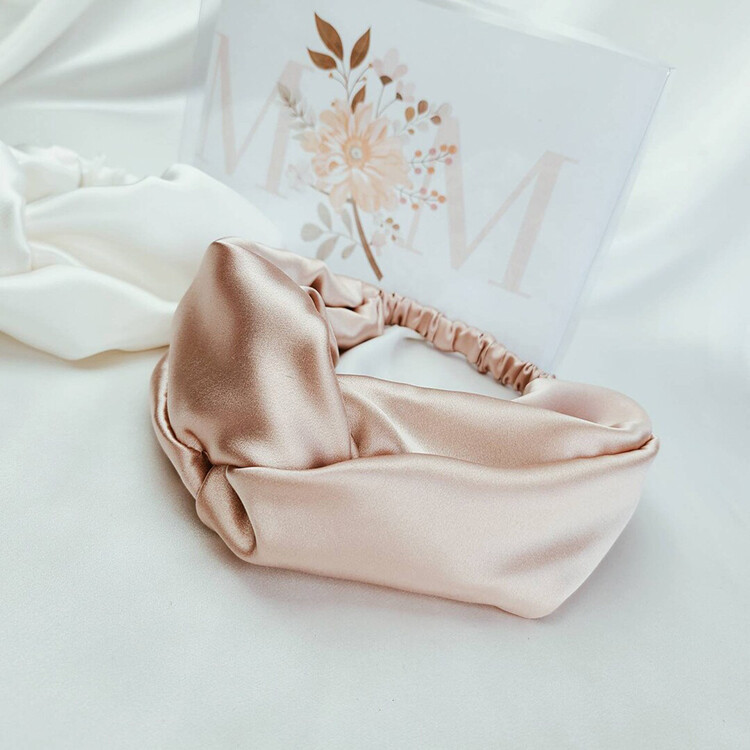
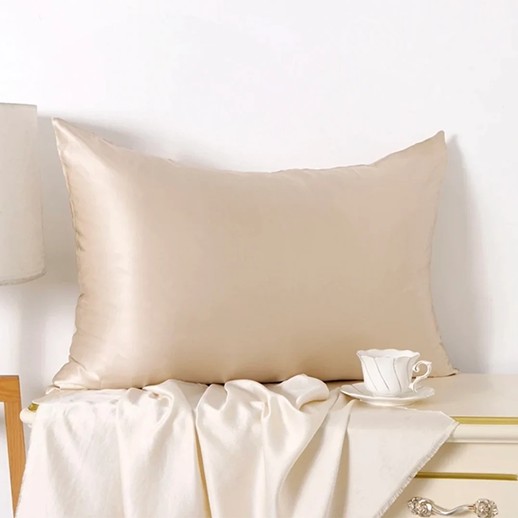
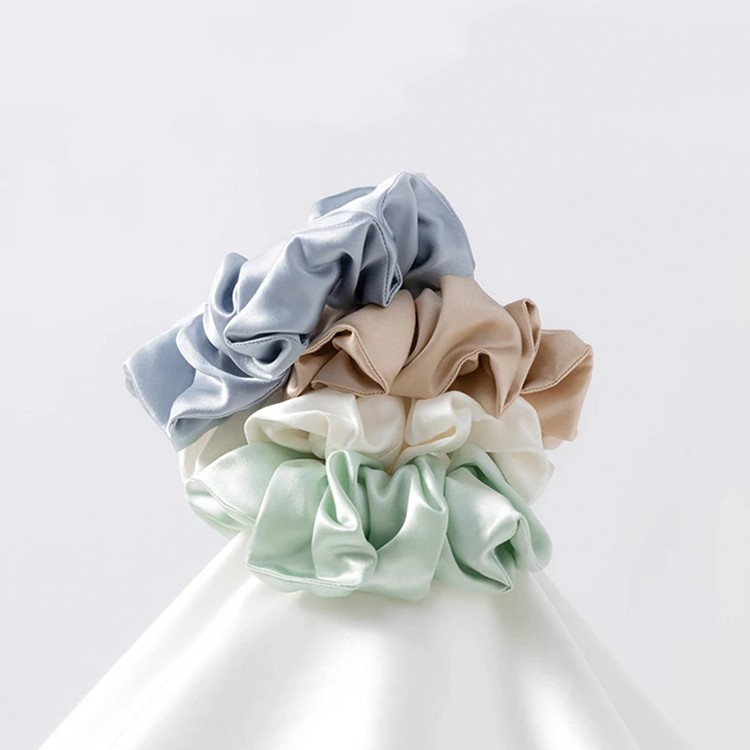
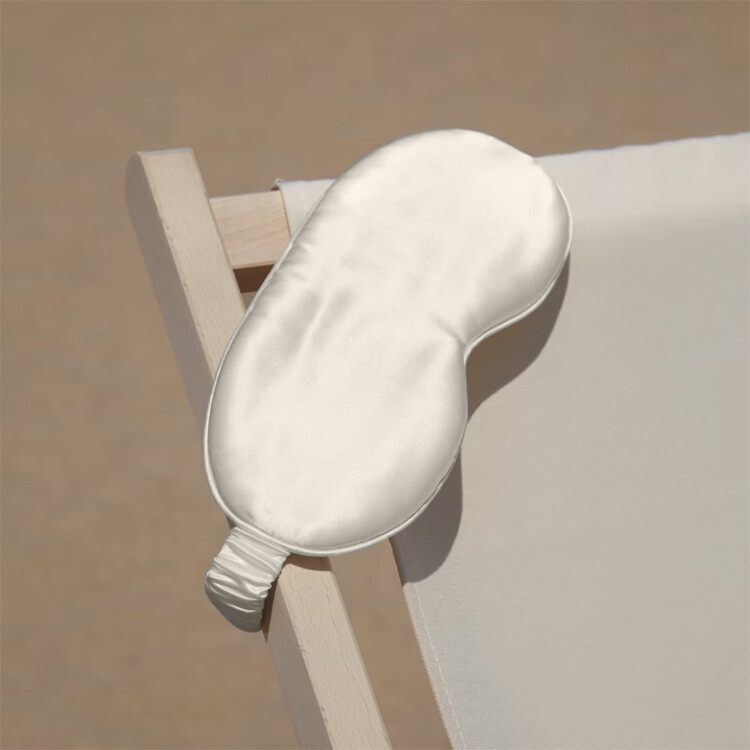
1. Silk Pillowcases
The easiest and most impactful switch you can make. A high-quality silk pillowcase can immediately upgrade your sleeping experience, promoting better skin and hair health from night one.
Look for pillowcases made from 100% pure mulberry silk with a high momme weight (around 19–25 momme is ideal) for the best durability and feel.
2. Silk Scrunchies
Elastic hair ties can be harsh, causing dents, snags, and breakage. Silk scrunchies are not only stylish but also gentle on your strands. They're perfect for daytime looks or sleeping with your hair loosely tied back to prevent tangling.
3. Silk Eye Masks
Imagine combining skincare benefits with deeper, uninterrupted sleep. Silk eye masks block out light while treating your delicate under-eye area with the same moisture-preserving, friction-reducing benefits as a silk pillowcase.
4. Silk Head Scarves and Bonnets
Especially popular among those with textured or curly hair, silk scarves and bonnets can be wrapped around the head to maintain styles, prevent tangles, and retain moisture throughout the night.
How to Choose Quality Silk Products
Not all silk is created equal. Here’s what you need to know when shopping:
Mulberry Silk: The highest quality silk, sourced from silkworms fed a diet of mulberry leaves.
Momme Weight: Think of this as the thread count for silk. Higher momme (19-25) means a thicker, more durable fabric.
OEKO-TEX Certification: This ensures the fabric is free from harmful chemicals and safe for direct contact with skin.
Weave Type: Look for a charmeuse weave for a sleek, glossy finish that's ideal for bedding and hair accessories.
Caring for Your Silk
Silk requires a bit more TLC than cotton, but it’s well worth the effort.
Hand wash or use a gentle, silk-specific detergent on the delicate cycle.
Air dry your silk items flat or hanging in the shade; avoid wringing them out.
Iron on a low setting if needed, ideally while the fabric is still slightly damp.
Proper care ensures that your investment in silk lasts for years to come.
Who Should Use Silk?
Spoiler: Almost everyone can benefit from integrating silk into their routine, but it’s especially valuable for:
People with sensitive or acne-prone skin
Those experiencing hair breakage, frizz, or dryness
Individuals seeking anti-aging solutions
Anyone who values a bit of everyday luxury
Even babies and people with eczema often find relief sleeping on silk bedding, thanks to its hypoallergenic properties and soothing feel.
Silk for Different Hair and Skin Types
Silk benefits everyone, but certain groups see even more dramatic results:
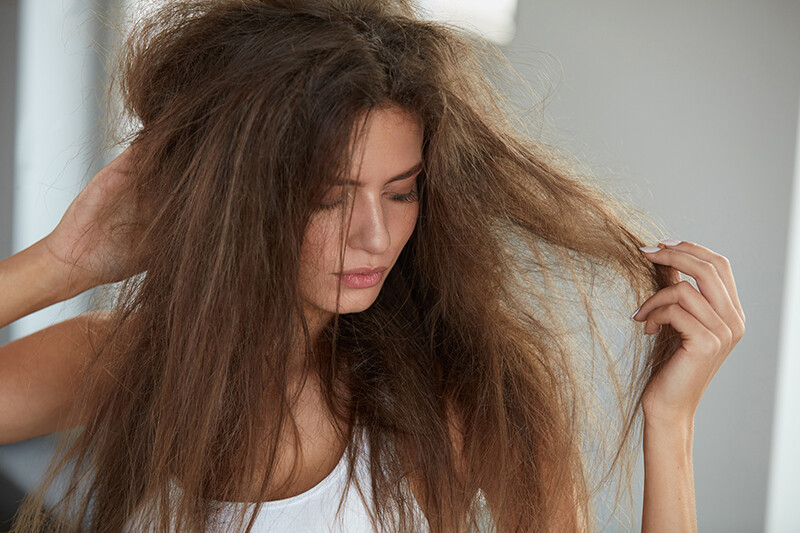
Quality of Sleep
Have you ever considered that one-third of your life is spent in bed?
Take a moment to reflect on this. Over the course of the next year, you will spend approximately 2,500 to 3,000 hours of your life in bed, enveloped by your chosen bedding materials.
Sleep is crucial, as it is during this time that both your mind and body rest, repair, and rejuvenate. The material you choose for your bedding significantly impacts the quality of your sleep. Polyester or synthetic fibers in both your linens and duvets retain heat, restrict airflow, and cause fluctuations in temperature throughout the night, leading to overheating and sweating. Similarly, high-thread-count sateen cotton sheets can trap heat, contributing to discomfort and restlessness.
The result is a restless sleep, as your body must partially awaken to toss and turn in an effort to restore a comfortable temperature. This may involve unconsciously placing a limb outside the bed covers to cool down. If this describes your experience, the issue likely lies with either your bedding material or your duvet filling.
Megatex offers an all-natural solution. Crafted from premium Grade 6A long-fiber Mulberry Silk, our products feature a unique weave, rich luster, and matte finish. Each piece is meticulously hand-cut by skilled artisans to ensure durability and superior quality.
When your skin comes into contact with silk at night, its exquisite softness immediately soothes your senses, promoting deep relaxation and a nurturing retreat for restorative sleep. With silk's natural temperature-regulating properties, you can enjoy uninterrupted, rejuvenating sleep every night without the discomfort of fluctuating temperatures.
Myths and Misconceptions About Silk
Myth 1: Silk is too expensive.
While premium silk products do come with a higher price tag, consider it an investment in your long-term skin and hair health—not to mention fewer product purchases trying to repair damage.
Myth 2: Silk is hard to care for.
While it does require a little special handling, modern detergents and washing machines with gentle cycles have made caring for silk easier than ever.
Myth 3: Satin is the same as silk.
Satin refers to a weave, not a material. Many "satin" pillowcases are made from polyester, which lacks the natural benefits of true silk.
The Bottom Line: Treat Yourself
Silk isn’t just a luxury—it’s a practical investment in your beauty routine. By embracing silk bedding and accessories, you’ll nurture hair and skin with every touch, waking up to a healthier, radiant you. Start small with a pillowcase or scrunchie, and let silk’s magic unfold.
Switching to silk isn't just about indulgence; it’s a small but mighty change with scientifically backed benefits for your skin and hair. Whether you're aiming to wake up with smoother strands, reduce fine lines, or simply bask in a more luxurious sleep experience, silk delivers beauty while you dream.
In a world full of complicated skincare routines and haircare regimens, sometimes the simplest upgrades are the most transformative. Silk doesn’t just promise beauty—it nurtures it from the moment your head hits the pillow.
Share:
Latest Post
Ask For A Quick Quote
If you are looking for more information on our services, or how we could potentially help, we would love to hear from you!

